The hazardous effects of pollutants from conventional fuel vehicles have caused the scientific world to move towards environmentally friendly energy sources. Though we have various renewable energy sources, the perfect one to use as an energy source for vehicles is hydrogen. Like electricity, hydrogen is an energy carrier that has the ability to deliver incredible amounts of energy. On-board hydrogen storage in vehicles is an important factor that should be considered when designing fuel cell vehicles. In this study, a recent development in hydrogen fuel cell engines is reviewed to scrutinize the feasibility of using hydrogen as a major fuel in transportation systems. A fuel cell is an electrochemical device that can produce electricity by allowing chemical gases and oxidants as reactants. With anodes and electrolytes, the fuel cell splits the cation and the anion in the reactant to produce electricity. Fuel cells use reactants, which are not harmful to the environment and produce water as a product of the chemical reaction. As hydrogen is one of the most efficient energy carriers, the fuel cell can produce direct current (DC) power to run the electric car. By integrating a hydrogen fuel cell with batteries and the control system with strategies, one can produce a sustainable hybrid car.
Hydrogen Fuel Cell Vehicles Current Status
The hazardous effects of pollutants from conventional fuel vehicles have caused the scientific world to move towards environmentally friendly energy sources. Though we have various renewable energy sources, the perfect one to use as an energy source for vehicles is hydrogen. Like electricity, hydrogen is an energy carrier that has the ability to deliver incredible amounts of energy. On-board hydrogen storage in vehicles is an important factor that should be considered when designing fuel cell vehicles. In this study, a recent development in hydrogen fuel cell engines is reviewed to scrutinize the feasibility of using hydrogen as a major fuel in transportation systems. A fuel cell is an electrochemical device that can produce electricity by allowing chemical gases and oxidants as reactants. With anodes and electrolytes, the fuel cell splits the cation and the anion in the reactant to produce electricity. Fuel cells use reactants, which are not harmful to the environment and produce water as a product of the chemical reaction. As hydrogen is one of the most efficient energy carriers, the fuel cell can produce direct current (DC) power to run the electric car. By integrating a hydrogen fuel cell with batteries and the control system with strategies, one can produce a sustainable hybrid car.
| Weight | 0.300 kg |
|---|---|
| Dimensions | 22 × 15 × 2 cm |
| Author |
Adhyatma Khare, Dr. B. K. Sarkar, Dr. Reena Singh, Pragnesh N. Shah |
| Publisher |
Namya press |
| Series |
eBook |
Editorial Review
The hazardous effects of pollutants from conventional fuel vehicles have caused the scientific world to move towards environmentally friendly energy sources. Though we have various renewable energy sources, the perfect one to use as an energy source for vehicles is hydrogen. Like electricity, hydrogen is an energy carrier that has the ability to deliver incredible amounts of energy. On-board hydrogen storage in vehicles is an important factor that should be considered when designing fuel cell vehicles. In this study, a recent development in hydrogen fuel cell engines is reviewed to scrutinize the feasibility of using hydrogen as a major fuel in transportation systems. A fuel cell is an electrochemical device that can produce electricity by allowing chemical gases and oxidants as reactants. With anodes and electrolytes, the fuel cell splits the cation and the anion in the reactant to produce electricity. Fuel cells use reactants, which are not harmful to the environment and produce water as a product of the chemical reaction. As hydrogen is one of the most efficient energy carriers, the fuel cell can produce direct current (DC) power to run the electric car. By integrating a hydrogen fuel cell with batteries and the control system with strategies, one can produce a sustainable hybrid car.

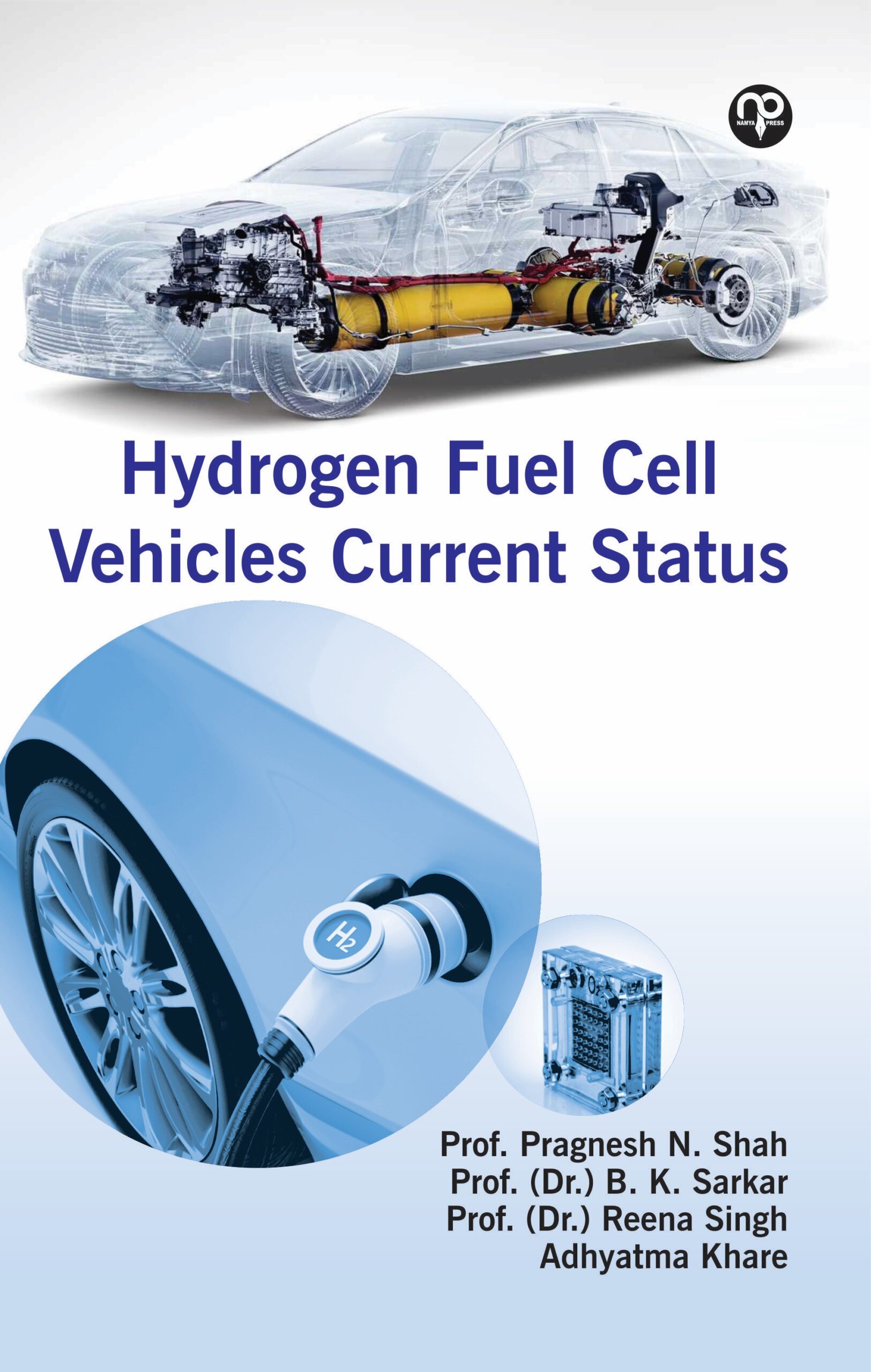

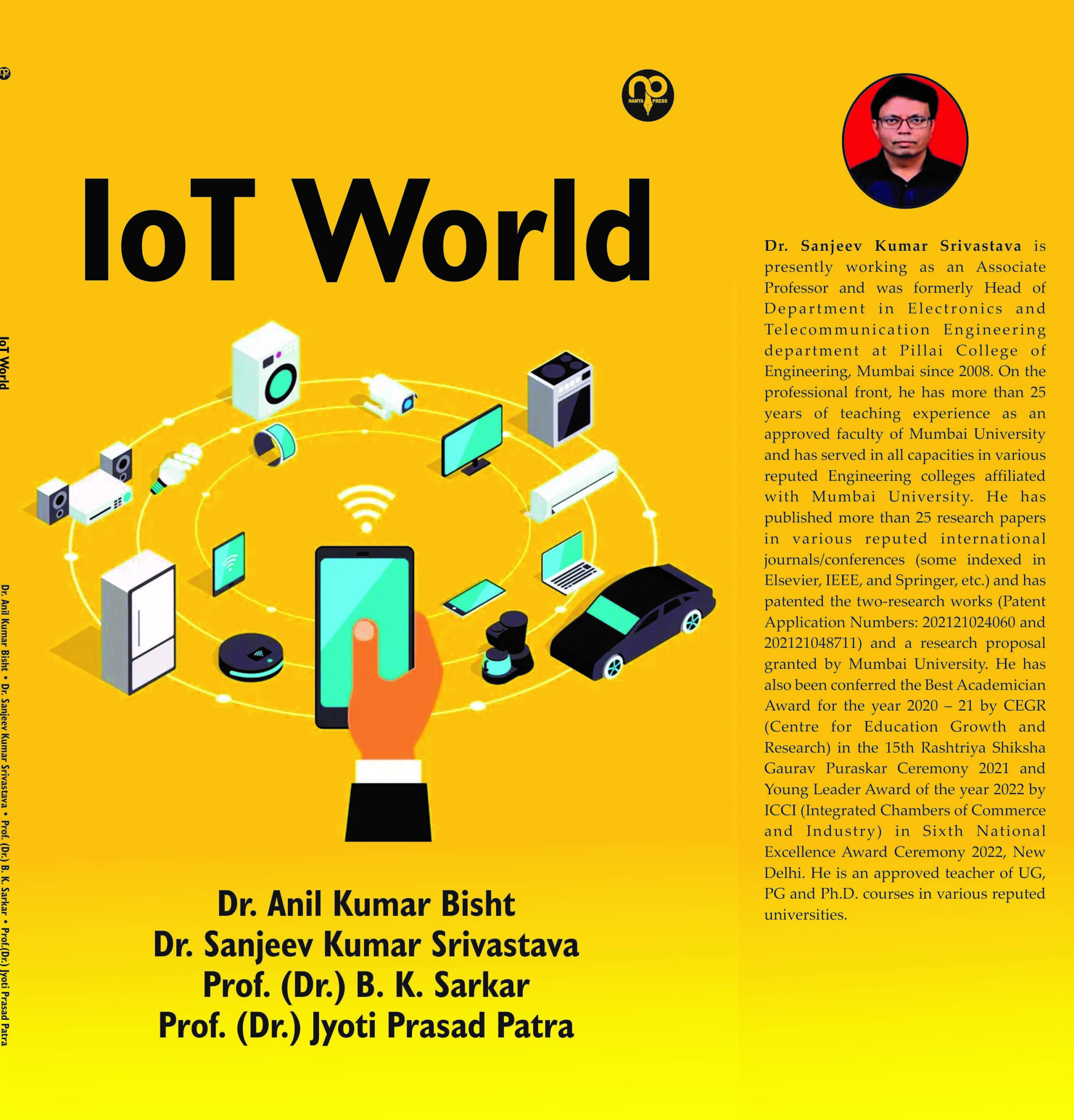

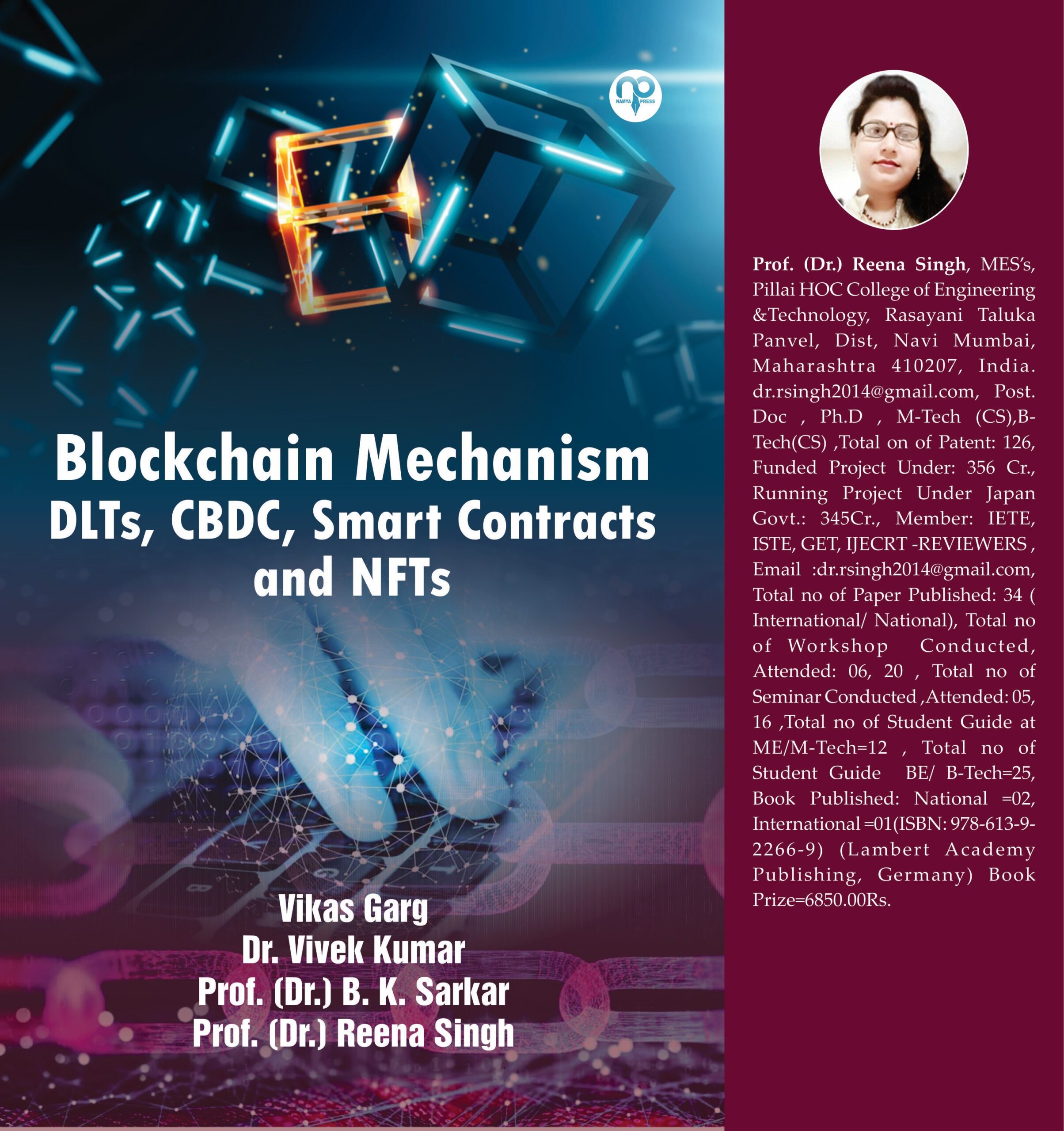






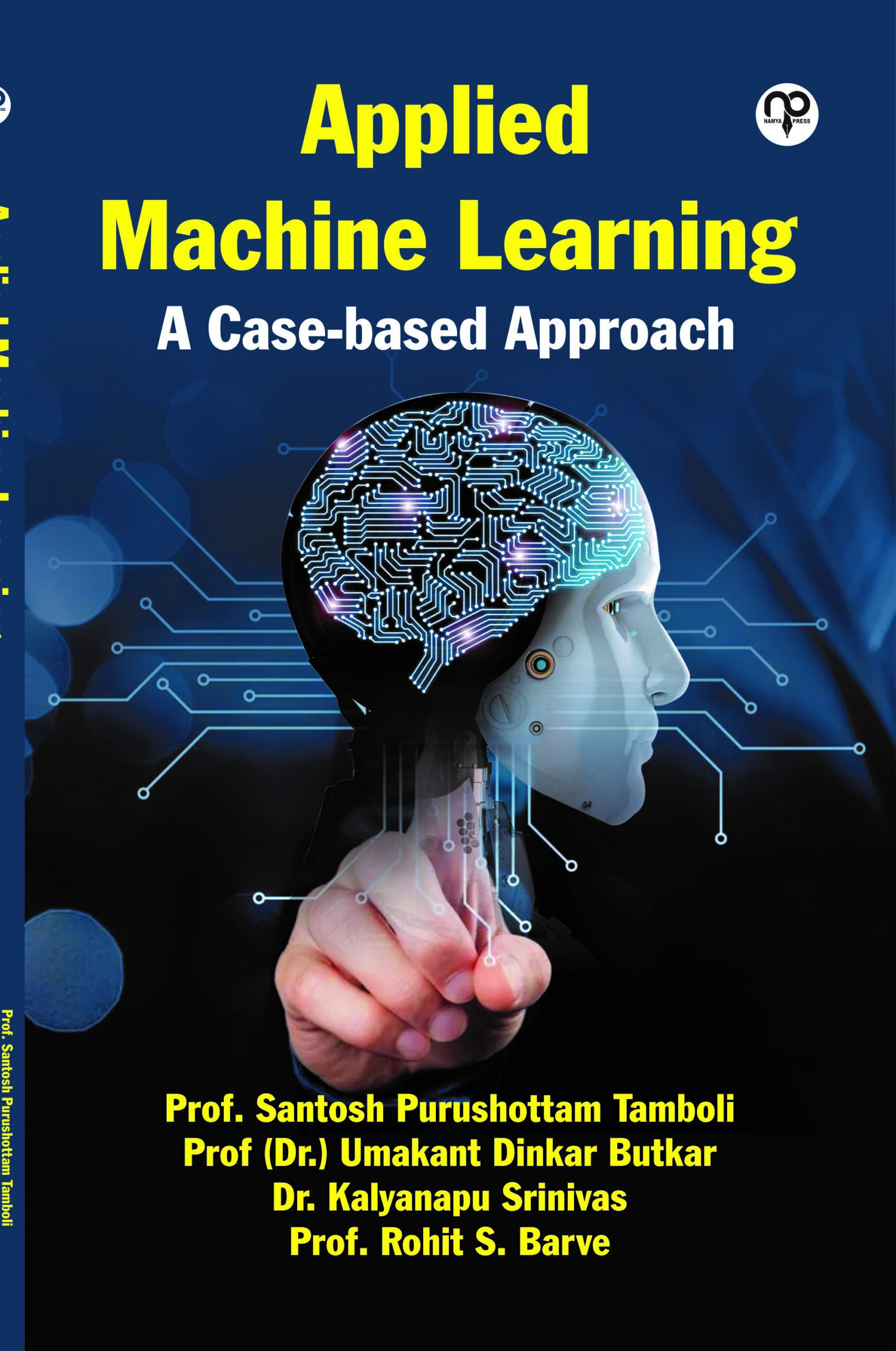
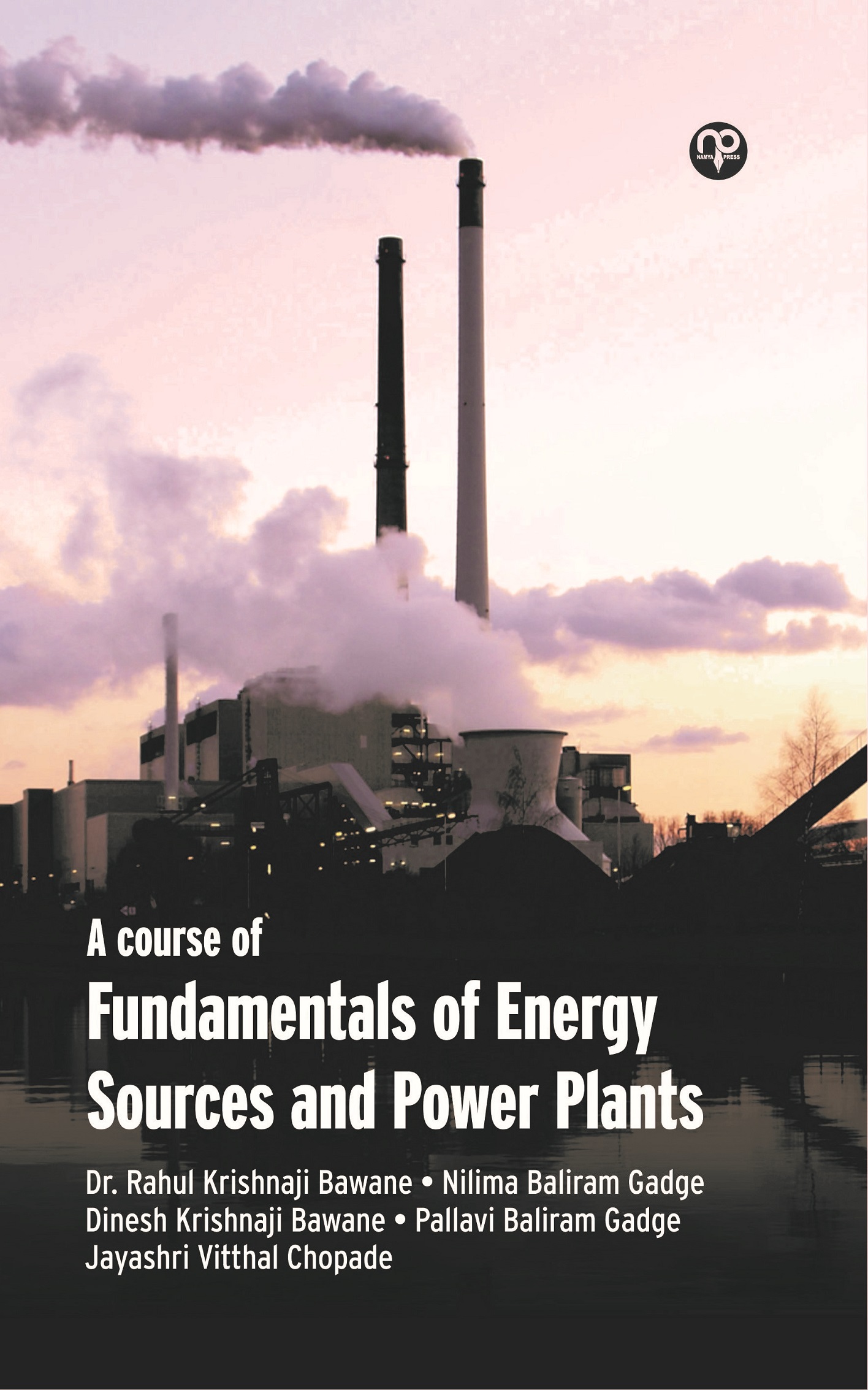
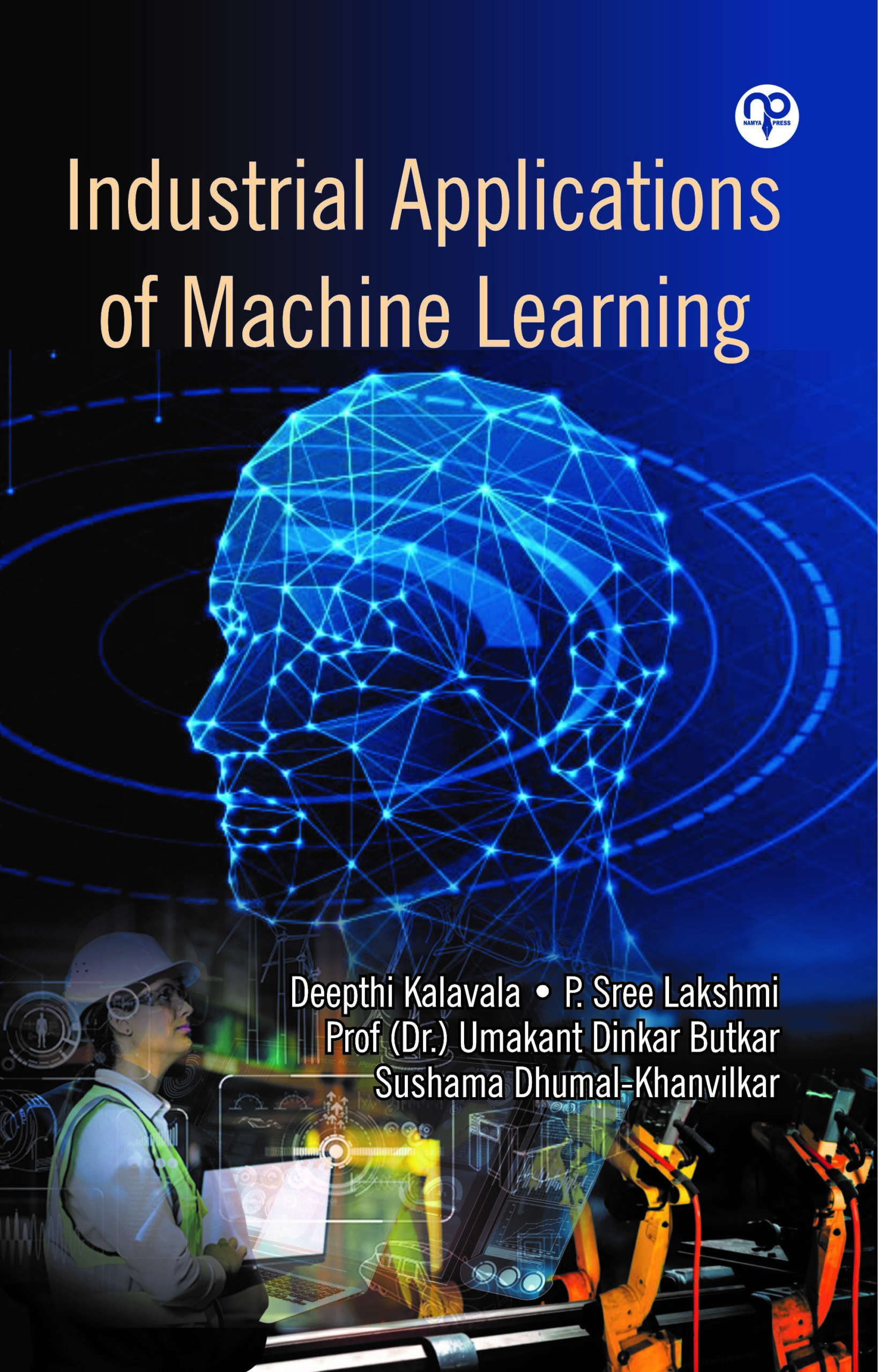
Reviews
There are no reviews yet.
Only logged in customers who have purchased this product may leave a review.